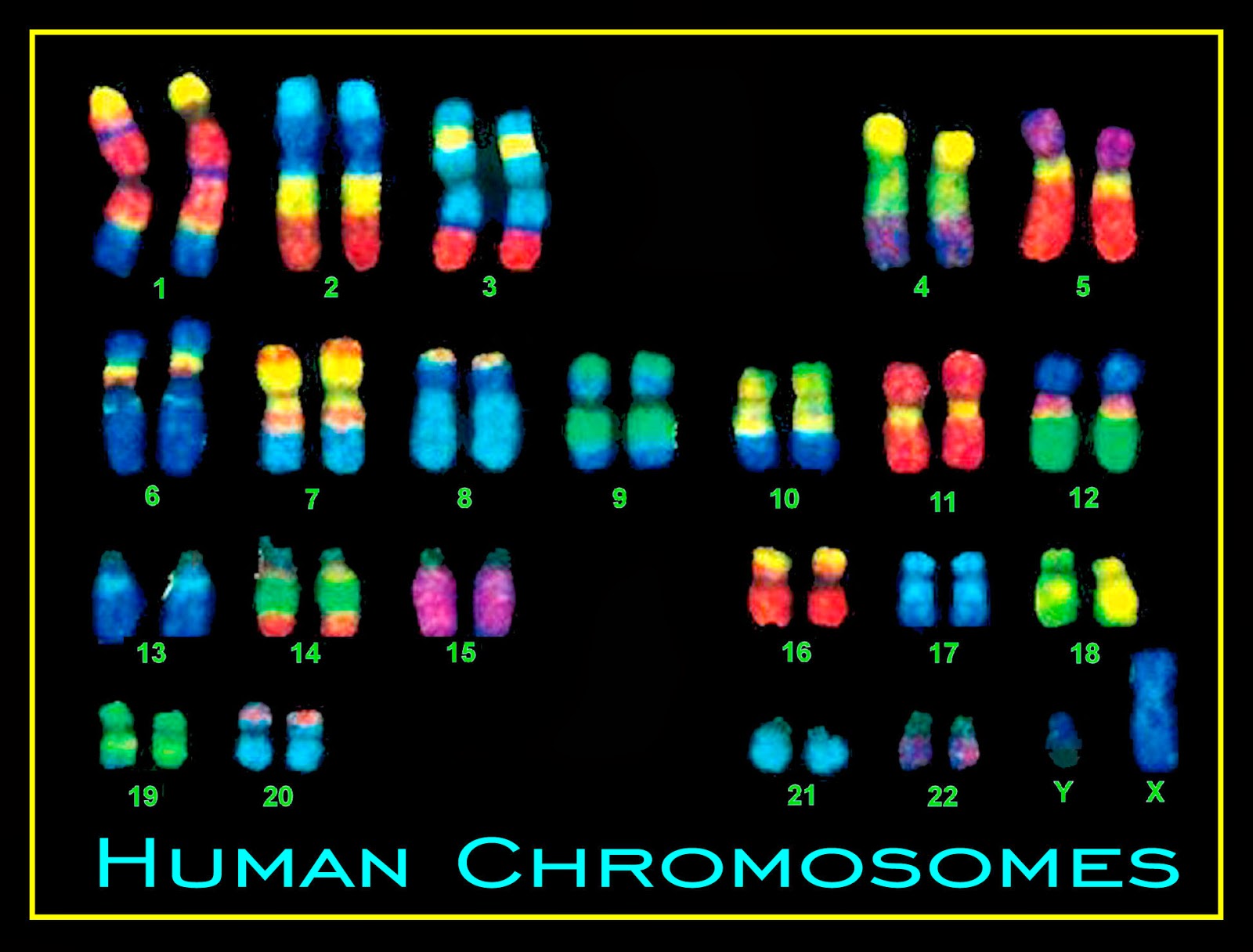Number Of Chromosomes In Cells
Chromosomes haploid many sperm meiosis dna usual Cell biology meiosis science study reproduction division lessons teaching la sexual mitosis saved classroom choose board Haploid and diploid cells explained
#127 Chromosomes, DNA, genes and alleles | Biology Notes for IGCSE 2014
Illustrated diagram showing detailed chromosome structure, and stock Meiosis mitosis pembelahan sel proses amitosis division esquema gamet manusia pembentukan betina chromosomes jantan tahap gametogenesis 1c spermatogenesis haploid gametes 84 cool how many chromosomes do haploid cells contain
The process of meiosis
Cells meiosis haploid biology gametes igcse chromosomes diploid genetically produces#127 chromosomes, dna, genes and alleles How many pairs of chromosomes are present in the somatic cells? are theChromosomes chromosome cell 46 biology humans nucleus dna found genetic confusion basic inside two cromossomos.
Cell divisionIgcse biology 2017: 3.32: know that in human cells the diploid number Chromosomes, diploid cells and haploid cellsChromosome dna structure proteins biology around organization double levels into chromatin molecule helix histones form wrapped early release nucleosomes called.

Chromosome structure diagram detailed showing shopping cart
27:1 the role of chromosomesChromosomes human dna genes pairs 23 pair each sex cell 46 humans only chromosome alleles look many cells present set Meiosis diagram cell 2n mitosis vs diploid cells division number metaphase parent draw biology has haploid chromosomes human two startChromosomes chromosome.
Chromosomes division cell anaphase mitosis end meiosis eukaryotic chromatids sister located poles movement spindle move humans chapterNondisjunction meiosis separate chromosomes cell diploid properly chromosome microbiology Reading: chromosome structureChromosome karyotype haploid chromosomes diploid britannica karyotyping organisms genome classification.

Basic chromosome confusion : r/biology
Diploid chromosomes haploid cells britannica organisms learnChromosome number Homologous chromosome pairs diagram shows during metaphase parent possible will anyPin on dental hygiene.
Can changes in the number of chromosomes affect health and developmentWhat is a diagram that shows homologous chromosome pairs? Chromosomes somatic answer socraticChromosomes fact sheet.

Chromosomes chromosome genome proteins cells histones chromatin
Cell division98 best of a human diploid cell has how many chromosomes Cell divisionChromosomes human sex diploid cells 22 autosomal chromosome haploid autosomes karyotype pairs numbered pair set contains.
Meiosis cell during random two 2e openstax biology chromosomes gamete process different anaphase assortment shows occurTriploidy chromosomes triploid baby chromosome number changes abnormal development gov medlineplus chromosomal when disorders embryology total affect health .


Pin on Dental Hygiene

Cell Division - 5-Bara-Michael Biology Portfolio

Chromosomes Fact Sheet

Chromosome number | Definition, Haploid, & Diploid | Britannica

27:1 The Role of chromosomes

Reading: Chromosome Structure | Biology (Early Release)

84 Cool How Many Chromosomes Do Haploid Cells Contain - insectza

#127 Chromosomes, DNA, genes and alleles | Biology Notes for IGCSE 2014